It kickstarted a debate among social media users. Some suggested that box office performance was a direct indicator of how the audience was responding to the quality of a film. While others suggested that even badly-received films can end up earning big bucks. Again, Mehta took the effort to explain to users how box office and ticket sales are the producer’s domain. He said, “Hit, flop, NBOC, GBOC, Multiplex collections, Single Screen collections SHOULD not be the audience’s business. These numbers and their truth are important to the direct stakeholders in the film. That’s all. Audiences should seek whatever they want from films and judge films based on whether the film meets their expectations or surprises them or disappoints them. That’s the point I was making when some people (most of who haven’t even watched a lot of my films) began preaching. Without even comprehending or understanding the point I’m making.”
In this week’s Big Story, we ask industry experts what they feel about box office numbers and the audience’s affinity to judge a film by it’s ticket sales. At the same time, should actors be affected by their film’s box office receipts? Should producers and stakeholders use box office numbers as a promotional tool to create a marketing hype? All these questions get answered by filmmakers, producers and trade experts.
What do the box office numbers mean to the audience?
There was a time when hit films used to be called jubilee, silver jubilee and golden jubilee. The term jubilee was used for films that used to run in theatres for week on week. Those terms were replaced with hit, superhit and blockbuster depending on how many tickets a film sold and how long it ran at the theatres. And then arrived the 100-crore club, followed by 200-crore club, 300-crore club, on and on… The audience metric for a film’s success changed from the time it spent in theatres to the business it did at the box office to the money it earns on a daily basis.
Counting ticket sales used to be a number-crunching process limited to exhibitor and distributor offices, which then used to make to producers and studios as final tallies. But today, daily market-wise numbers are published for public consumption. Producer Mukesh Bhatt explains, “The audience is only interested in knowing that their time and money spent was worth it – ‘Paisa vasool hua’. It doesn’t matter whether you show them Arth or Mughal-E-Azam or Jai Santoshi Maa in those two hours.” He reiterates Hansal Mehta’s point, “It’s a fact that the audience should not bother about the numbers.”
Trade analyst Komal Nahta, who has spent decades educating the audience about film appreciation feels you can’t reverse the clock on audience’s obsession with numbers. He explains, “The audience has got a kick about figures. Of course, they should not let their decisions be clouded by the figures but now you cannot wish away that the audience will talk about figures. Because they have been talking about numbers for the last 10-15 years. The only thing we can hope is that only the knowledgeable professionals engage in box office talk and disseminate this information. In the Utopian world, what Hansal Mehta has said is very right.”
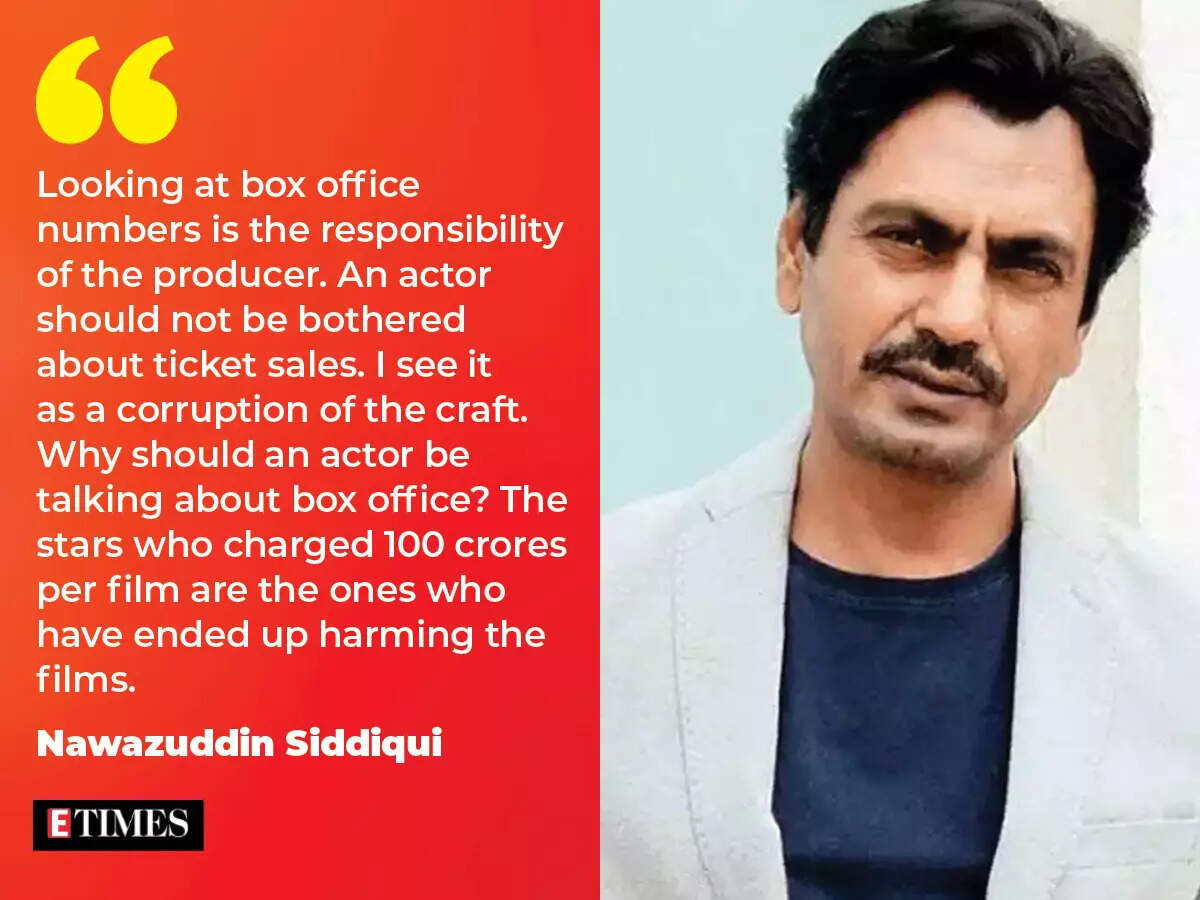
Filmmaker Dr Chandraprakash Dwivedi who recently made Samrat Prithviraj feels the audience has errenously been exposed to the idea of equating good box office numbers to good quality cinema. He says, “The film market has been sensitized in such a way that the film that earns the most box office collection is the best film, which I do not agree with. If box office collections determine if a film is great, then there will be no space for great films that do not make a lot of money. This is a market place and the media has made people so used to box office collections that even school kids ask what’s a film’s box office collection. Often, the box office collection of very bad films is very good.”
Good reviews or good box office – what is the clear indicator of a film worth watching?
A review is supposed to tell you whether a film lives up to the standards of good cinema. Box office numbers are supposed to be a variable indicator of a film’s popularity. In an ideal scenario, comparing these two is like comparing apples to oranges. But, a badly reviewed film seldom manages to light-up box office counters. Great reviews don’t ensure a sure-shot entry into the 100-crore club. There are exceptions though.
But the game of perception has changed dramatically over the years. Dr Chandraprakash says, “When I used to watch movies as a kid, I never read reviews. And reviews were not even published back then. If Manoj Kumar had made a film, we used to believe that he must have made a good film. The same was the case for a Rajshri Productions film. We used to watch good-bad films. We never looked at the box office.”
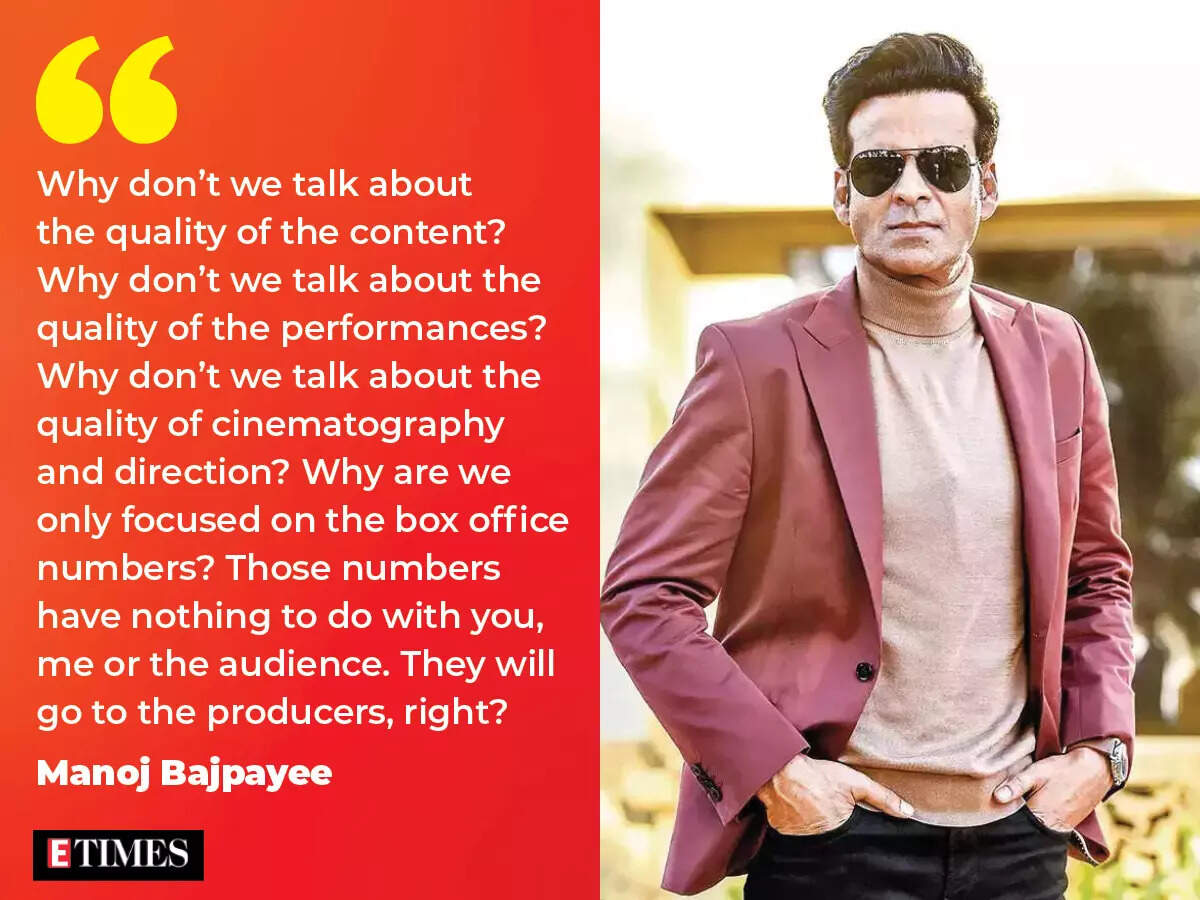
He adds that reviews and judgments have become a fashionable trend. Dr Chandraprakash explains, “Today, people read reviews before entering the cinema halls. It is their right, sure, but there’s no guarantee that every review is right. One reviewer gives 1 star to a film whereas another reviewer gives 4.5 stars to the same film. Do we watch movies after drawing an average of reviews?”
Mukesh Bhatt tries to explain how the world of cinema viewing and exhibition has changed. He says, “Earlier, cinema was the only source of entertainment. There was no TV, VHS or OTT. That’s why films used to run for many weeks. Earlier, there was no piracy either. Now there are options because of technology. So, you have to release the film everywhere simultaneously. Earlier a film would open at Metro Cinema, then come to Gaiety Galaxy after two weeks, then to Amber Oscar after two more weeks, then to Borivali and so on. Now, with digitalization, you can release at multiple theatres at the same time. Also, the number of shows used to be less back in the day. If you look at it, a film’s run at cinemas is pretty much the same.”
The process hasn’t changed but the perception has.
Are box office figures 100 per cent accurate?
Even though Komal Nahta is in the business of analysing trade and reporting authentic numbers and box office trends, he cannot vouch for the authenticity of all the information that is put out by multiple sources on a daily basis. He explains, “So many people have become trade analysts that one doesn’t know whom to believe and whom not to. False collections are passing off as truth because the ones who know the truth don’t bother to comment. There’s no truthfulness left and it has happened because absolute novices have started parading as trade analysts. It is one thing to report collections and it is another thing to interpret collections. I don’t think 99 percent of the people who are reporting box office collections are equipped to analyze and draw conclusions therefrom. So, what are they expecting the public to do?”
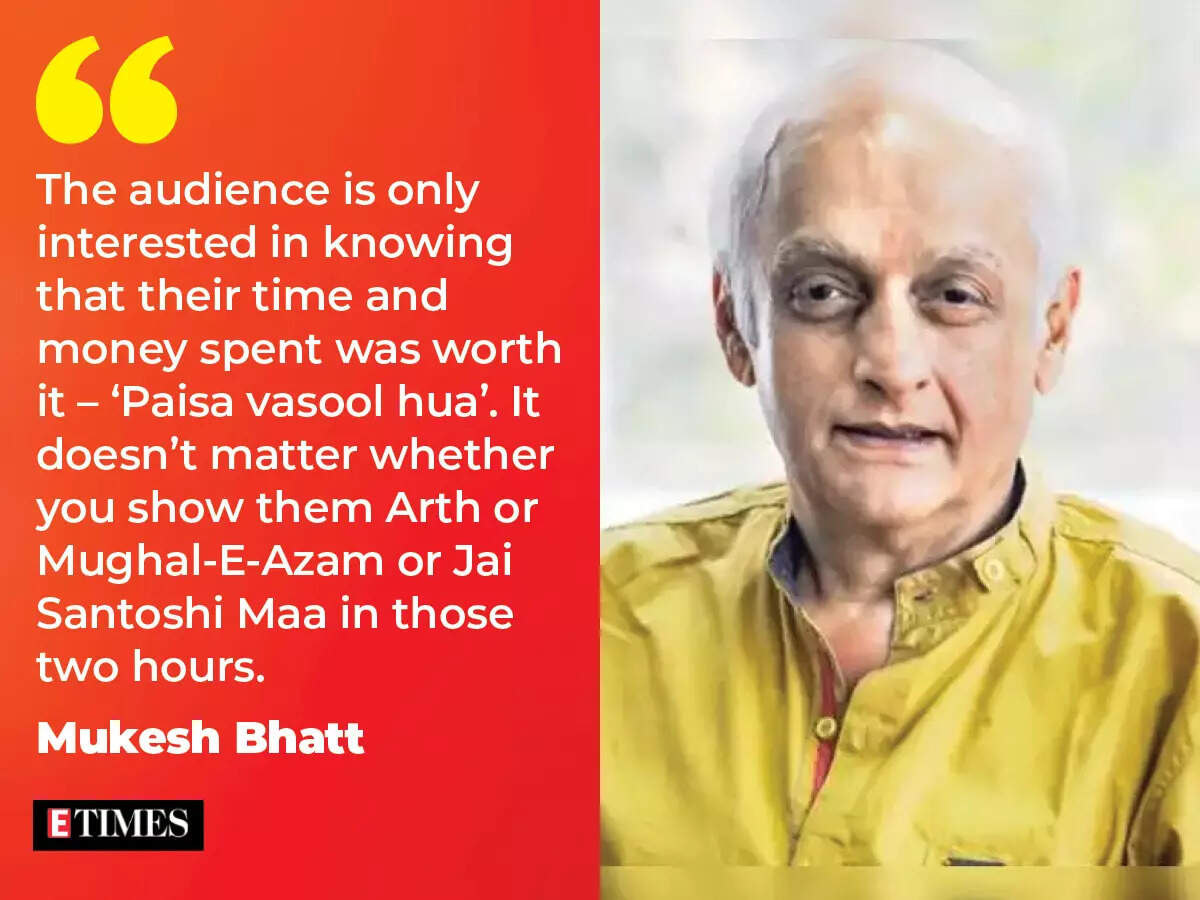
Almost angst ridden, Nahta adds, “Today, just to be in the news, any journalist who has 20000 social media followers starts talking about business as if he has been doing it for generations. That has spoiled the market and the public. Half knowledge is dangerous for the public because they don’t know whom to believe. Figures can’t be biased. 100 rupees is 100 rupees for everyone. Your opinion on a film can be different but figures can’t be different. But because there’s so much variation, there cannot be a consensus.”
Dr Chandraprakash believes novices have tarnished not just the world of box office reporting but of film criticism in general. He says, “How many people have read the greatest books in the world? Those books don’t even reach people. Why don’t we evaluate other art forms like we do with cinema? Because evaluating cinema is easiest. You don’t need any training, learning or understanding to evaluate films. Anyone can write anything about anyone or any film. Can you write this way about science or medicine?”
Why do actors and filmmakers use box office figures in their communication?
The audience believes in what its stars believe and what they express during their discourse. If actors give importance to box office numbers, their viewers, fans and followers will do the same.
Manoj Bajpayee had spoken to ETimes in the past about the dichotomy of actors focussing on box office trends. He had complained, “Why don’t we talk about the quality of the content? Why don’t we talk about the quality of the performances? Why don’t we talk about the quality of cinematography and direction? Why are we only focused on the box office numbers? Those numbers have nothing to do with you, me or the audience. They will go to the producers, right?”
Filmmaker Shashank Khaitan had echoed similar sentiments when he said, “If an actor is promoting the 100 crores that his film had made instead of promoting the film itself, then what do they expect?”
Nawazuddin Siddiqui had similar concerns when he said in a past interview, “Looking at box office numbers is the responsibility of the producer. An actor should not be bothered about ticket sales. I see it as a corruption of the craft. Why should an actor be talking about box office? The stars who charged 100 crores per film are the ones who have ended up harming the films. A small budget or a modest budget film doesn’t fail. Everytime a film’s budget is beyond the limits of viability, it will be a flop. Actors, directors, storytellers don’t flop. It’s the film’s budget that makes it a hit or flop.”
Mukesh Bhatt steps in to give reason to why business has become so important for the stars. He says, “Actors are affected by it, of course. If his films are not showing recovery, a star can’t demand his price again. You can ask for big money only when you give good box office returns. An actor’s price is determined by the film’s collection, not the film’s quality. You can make a third-class film but if it runs successfully then the actor increases his price.”
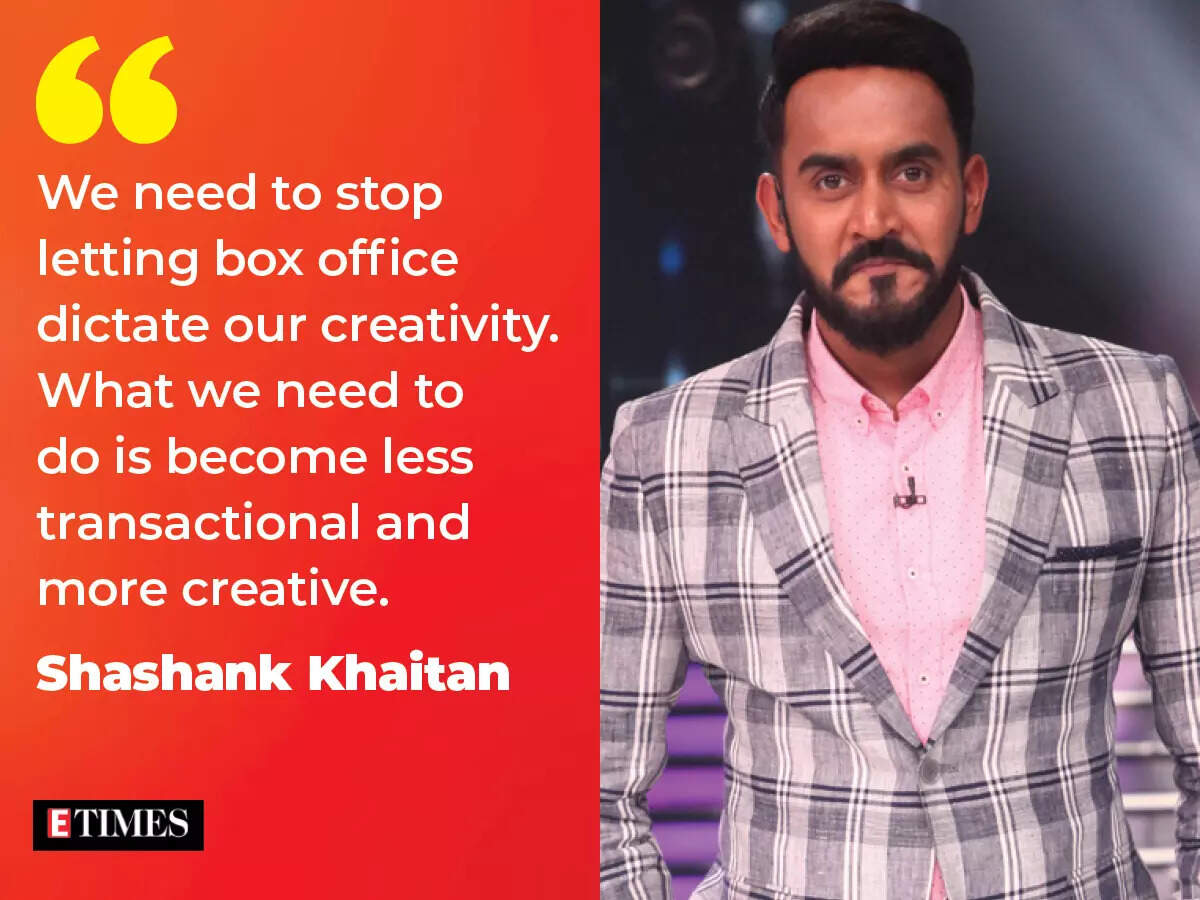
What is the solution? Should actors and audiences focus on box office or not?
There’s no clear answer, but there are varying opinions that suggest alternatives. Manoj Bajpayee was vehemently opposed to the idea of working according to box office trends. He had quipped in the past, “I have worked in South films before. I have always been in search of good stories. I don’t care if the film is made with 1000 crores, 500 crores or 300 crores. I don’t work like that. Nowadays, everyone just wants to talk about box office. I have been fighting against the box office trend forever.”
Nawazuddin had a suggestion that focussing on good ideas is far more important than obsessing over box office numbers. He had said, “I could have a trillion dollars but if I don’t have the ability to think of one decent idea, it’s almost a certainty that my trillion dollars will get reduced into pocket change. From the film industry perspective, if a person has a remarkable script, producers will run behind that person with endless money to get that script. We should give more credence to a capable brain and a person who can come up with good ideas.”
Shashank Khaitan had offered a similar view and said, “We need to stop letting box office dictate our creativity. What we need to do is become less transactional and more creative.”
Komal Nahta feels the box office barrage can’t be stopped but it can be cured. His solution is, “The next best option is that figures should be spoken of by only those who are equipped to speak. Not every Tom, Dick and Harry.”
Dr Chandraprakash Dwivedi imparts some final words of wisdom as he says, “If you look at only box office collections, then some of our Indian filmmakers whose films are watched across the world won’t feature in any list. Has anybody ever bothered to ask about the box office collections of Satyajit Ray’s films? The same goes for other great filmmakers in the country. Cinema is a medium for entertainment and you should take it only that seriously – sometimes, the entertainment will be good and sometimes it won’t be.”




)

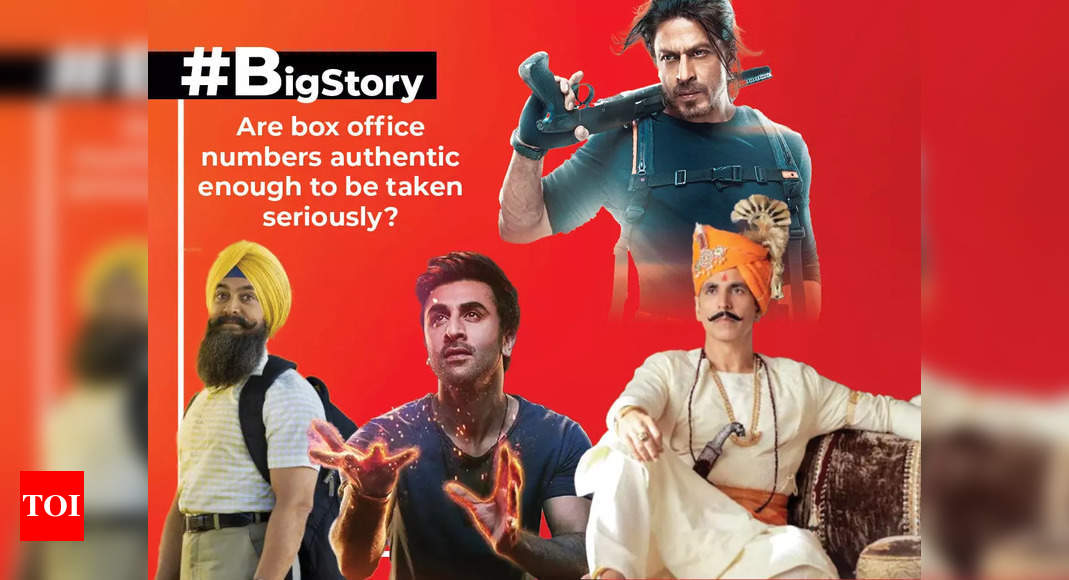
More News
Masaba Gupta camouflages baby bump as she makes her FIRST appearance after announcing pregnancy – See photos | – Times of India
Ranveer Singh attends first public event in all-white outfit after deleting wedding pictures with Deepika Padukone | Hindi Movie News – Times of India
Dharmendra apologises to fans for deleting his ‘painful’ post, netizen say, ‘You missed the opportunity but…’ – Times of India